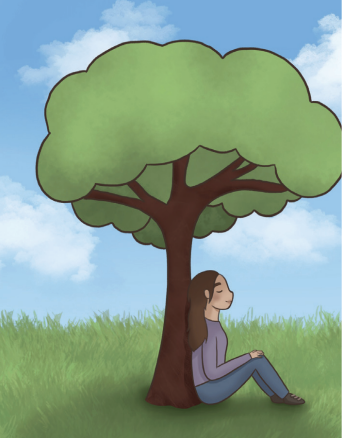
Extended time serves people who genuinely need it, but those people gaming the system are getting an unfair advantage and stigmatize everyone who receives extended time. As someone who needs extended time on in-school assessment and standardized tests, I know this accommodation is not an advantage because it is necessary. Extended time is not extra time in the traditional sense, I don’t finish an assessment and use the leftover time to double, or even triple-check my answers; I finish with the same amount of time as those who take it within a regular period.
As a second semester junior, the ACT/SAT tests are a constant topic of conversation among my peers and have become the source of a lot of stress for all of us due to close approaching college applications. When my extended time comes up in conversation, others look at it as an unfair upper hand. I have heard comments like, “Oh, then you should have no problem with the ACT,” “You basically already have a 36,” or “You’re so lucky, I always run out of time.” However, this extended time is not the quick fix it’s made out to be. I still struggle with the time because it takes me longer to take in information and process it.
It is frustrating to know that some students believe that accommodations are superfluous or automatically result in better scores because students who don’t really need extra time, get it. However, their suspicion is justified. When it is time to take standardized tests, more students suddenly become eligible for extended time. I don’t want to judge others for their accommodations, but there has been talk about ways to “rig the system.” I have heard from numerous people about certain things, like going to a specific doctor who is more lenient than others to get extended time. I do not want to sound hypercritical and underestimate their needs; however, I have had people confess to me that they don’t need accommodations but still receive them.
It concerns me when people who don’t need extended time get it. First, it undervalues the legitimate needs for those students who, like me, actually need extra time. It also creates an unfair playing field because it does create an advantage for those people who don’t need it. Furthermore, it stigmatizes a medical accommodation that is completely justified for many people. It upsets me that I feel the need to defend myself on extended time while others receive benefits without experiencing the challenges.








